
By BRANDON TADASHI CHUNG
The wooden door of Anzen Hardware was thick and old, dark lines etched into its weathered surface like the creases on an elder’s face. Still, it made no sound as I swung it open. My grandfather maintained his equipment well — there was a reason the door had been a fixture of the place since well before I was born.
Anzen Hardware was a narrow alley of a shop, tucked into a crevice on Little Tokyo’s First Street near John Aiso. Shelves lined the walls, stacked with an assortment of traditional Japanese tools — chisel sets, carpenters’ planers, and bonsai clippers. Racks of bamboo steamers, hibachi stoves, and traditional Shinto wooden ladles cut a stark contrast next to of modern construction tools like hammers, screwdrivers, and drill bits. It was a strange assortment, but one of many things that made the old store so unique.
The smell of worn plaster and fresh bamboo hung in the cold air as I walked in, suspended in time like flies in amber. The smell was always the first thing I noticed. More than the old wooden shelves or the antique tools that hung above the counter as decoration, the rustic aroma was the last remnant of a bygone era that now existed only in rose-tinted memories.
“Jichan?” I called out. “Grandpa?”
A loud rattle came from the loft at the very back of the store, and my Jichan leaned over the balcony’s edge. “Konnichiwa, Tadashi-kun,” he called. “One second.”
I leaned against the low glass cabinets at the front of the store, examining their contents.
Inside were a variety of chef’s knives, gleaming brightly up at prospective buyers. I had always liked the knife display best, due to the quality of their craftsmanship. Imported from Japan, almost all of them were forged in a Damascus pattern, where multiple pieces of steel were stacked atop each other, and hammered to create beautiful patterns. Even through the old, scratched glass, I could see etched on the blades a series of wavy lines and small divots, imprinting in the steel an aerial view of gingko trees blooming at the edge of the sea.
A loud clatter came from the back of the store, and I craned my head to see my grandfather slowly descending the old wooden staircase. In his arms was a long wooden box, about three and a half feet long. I hurried to the back. “Here,” I said, taking it from him. “I got it.”
The box was more cumbersome than heavy, swaying this way and that as I walked it awkwardly to the front of the store and laid it atop the counter. It was clearly old and disused; the wood grain was rough, and a thick layer of dust coated the lid. Still, it felt … different, somehow. It didn’t smell like dust and decay, the scent of long-forgotten corners of the store. It smelled new, like fresh wood and blooming flowers. I’d never seen this box before, wondering what was inside, and whether this was the reason why Jichan had called me on the phone so suddenly, asking me to stop by the store as soon as I had time.
“Hai, arigato,” Jichan called from the back, as he slowly shuffled over. He wasn’t a particularly tall man, stooped from years of hunching over the grinding machine to cut fresh keys or sharpen knives. Still, as he ran a hand over his short-cropped silver hair, he cut the distinct figure of a wizened community elder — someone who had been in the neighborhood for so long it was difficult to tell where Little Tokyo ended and my grandfather began. “Close the door, please, and flip the sign.”
I pushed the door closed, reversing the OPEN sign hanging in the glass to CLOSED. The letters OPEN were sun-faded and peeling, a stark contrast to the vibrant CLOSED side that looked as if it had been printed yesterday — a testament to the countless hours Jichan had kept the store open.
Silence filled the shop, punctuated only by my grandfather’s low groan as he eased himself onto a stool. I watched him, reminded not for the first time, that he was growing older, and the years of hard work were finally catching up to him.
“Is everything all right?” I looked around the store. “Are things going well here?”

Jichan nodded, waving a hand dismissively. “Going very well. Lots of people are coming through here. They all say how glad they are that we survived the pandemic.”
I nodded. The store had received a lot more foot traffic since the lockdowns had gradually ended, and people flocked back to their favorite communities. “Anzen isn’t going anywhere,” I said. “You’ll be around for a long time.”
But my grandfather shook his head subtly, his eyes darting sideways. A knot of concern began to constrict in my stomach. “Tadashi-kun,” Jichan said quietly. “I’m thinking of closing soon.”
Concern melted into alarm. “What?” I stood up straight. “What do you mean? Why?”
Jichan chuckled drily. “Look at me. I’m getting older. I can’t keep up as much anymore.”
“But…” I gestured around the store. I didn’t know what to say. Anzen had been around since before even my parents were born; it was our second home in Little Tokyo.
“You can’t,” I said at last, my mind still reeling. Jichan shrugged. “Not right away,” he said. “A year or two, maybe. But eventually, the store will have to close.”
“It doesn’t have to,” I said desperately. “You can retire, and … I don’t know, maybe the family can work here. Take shifts, or something.”
Jichan squinted at me. “How? You gonna quit your job? Your mom, your aunts? Uncles? You all gonna quit to work here?”
I opened my mouth with nothing to say. He was right. My career was just starting to take flight, and my other family members had my young cousins to support. As sentimental as the store was, its limited income wasn’t enough to put multiple people through college, not in this day and age. Still, I wasn’t about to give up just yet.
“Maybe we can hire someone?” I asked, frantically running through a list of dwindling options in my head. “Pay someone to manage the store for us? It can’t close!”
My grandfather’s face was stony, but his lip trembled slightly, and I realized that this wasn’t a decision he’d made lightly. This was his livelihood, the place that had taken him in after World War II, when our ancestral home in Hiroshima had been obliterated by the atomic bomb. This place meant everything to him.
“Tadashi-kun,” Jichan said firmly. “Anzen…is not going anywhere.”
I didn’t follow. “You just said you were thinking of closing,” I said.
“Closing the store, yes. But the spirit of Anzen? It lives everywhere. Look.”
Jichan waved a hand at the shelves and cabinets. “Every knife we sell, every chisel, every clipper. Do you know who buys them?”
I shook my head. My grandfather rose to his feet slowly. “The chefs, the gardeners, the artists, they all come here for their tools, because they want them to have kokoro. Heart.”
He tapped his chest. “They want to put their spirit and soul into what they make, and we give them tools to do that.”
Jichan gestured around the counter. “All these people,” he said proudly. “Look, Tadashi-kun.”
I knew what he meant without even having to look. Photos of well-known regional chefs and newspaper articles about local artisans were pinned everywhere. Many had little handwritten notes taped to them. They all said some version of the same thing: Thank you! You’re the best! Couldn’t have done it without you!
“All of them work their best to create something worthy of passing on their spirit,” Jichan continued. “And because they use our tools, their spirit becomes our spirit too. Our…” He paused, snapping his fingers in mild frustration. “Eego. What’s the word, nanka…”
“Legacy?” I said quietly. Jichan nodded. “Legacy, yes,” he said. “Thank you. They are our legacy, and as long as they make art, our legacy, our spirit, survives.”
He patted the wooden box on the counter. I’d almost forgotten about it. “And you are my legacy, too. Now, I pass this to you.”
He pried open the lid, and a cloud of dust exploded outward. I backed away, coughing. The smell of stale air blasted into me like my grandfather had pulled the pin on a grenade and tossed it into my hands, but there was also a fresh undercurrent to it. That faint smell of fresh wood and flowers.
Inside the box was a long, curved piece of steel, nestled roughly in several crumpled pieces of parking paper. The metal was dull and dirty, with a clouded, milky surface and small spots of rust blooming here and there like invasive weeds in a garden. Still, there was a certain energy about it, tarnished as it was.
I frowned, approaching slowly. “Is that…”
“Our ancestral katana,” Jichan said. “Passed down for hundreds of years.”
He grabbed a pair of rags from under the counter, gently lifting it out of the box. “My grandmother hid it in a pit during the war, when the Japanese were taking away swords from families for the army. When Hiroshima was bombed and I left Japan, my family dug it up and gave it to me to bring here. The last place the Americans would look to confiscate a sword was under their own nose.”
He held it out to me. “And now it is yours. You are a man now, and it is time for you to carry our family forward.”
I could only stare blankly at the sword. “Wait…hang on a second. I can’t…I can’t take this! You should give this to Mom, or —”
“She doesn’t want it,” Jichan said. “Says it would mean more if I give it to you. So I give it to you.”
He held it out again, a little more insistently. “This is the most valuable tool in this shop. It only leaves with you. No one else.”
Still a little numb, I took it from him, rags and all, careful not to touch the metal with my bare hands. It was like holding a lightning bolt. The moment Jichan transferred its weight to me, I could feel it pull forward, like a dowsing rod to water. It felt alive — it wanted to move, to cut through the air.
“The samurai who wielded this sword were not just soldiers,” Jichan said. “They were artists. They made silk, and used it to make kimono. They put kokoro into their work, and passed their spirit to everyone that wore their clothes.”
He looked up at me, and I was startled to see tears glimmering in his eyes- of sadness, to be sure, that his long work was almost over at last. But there was also a fierce pride filling his face, a fire in him that burned so hot of course his eyes must water to keep cool.
“I give that to you,” Jichan said, and his voice was suddenly firm and authoritative, “because you are part of my legacy, and our family’s, Tadashi-kun. Go into the world and cut your own path. Make your life your own, and carry on the spirit of this store and our family in everything you do.”
He nodded to the katana in my hands. “Even the sword knows. Read it.”
I didn’t understand what he meant at first, but then I noticed a series of small kanji characters chiseled into the tang, just beneath my right hand. I squinted, trying to make out the writing. “What does that say?”
Jichan didn’t even have to look. “Kaze no kioku. The memory of wind.”
“What does that mean?”
Jichan gestured around the store. “This. The wind blows through the world, through many different countries. But it always carries with it the spirit of the places it’s been to. In this way the soul of the world survives, from place to place, until it returns to where it began.”
He pointed to the katana in my hands. “Like that. You can smell it, right?”
I nodded. “Like wood and flowers.”
Jichan shook his head. “Hiroshima. Our family home.”
His eyes took on a faraway look, and for a moment I saw a glimmer of the young boy my grandfather once was. “It smells of the mountains, Tadashi-kun. Pinewood and oleander flowers. The wind remembers, and brings that spirit here.”
Jichan waved a hand around at the store. “Same here. Our spirit has been here for so long, and we have passed it to so many. As long as they create beautiful things, Anzen will not leave. We carry our ancestors’ legacy, and pass that spirit to live in those who come here. That is the memory of wind.”
A sudden howl arose from outside, and the heavy door blew open, banging against the wall. Jichan and I both jumped, looking toward the entrance, but no one was there. A cool breeze gusted through the store, rattling the papers on the counter and the walls. For just a moment, I could sense a faint change in the atmosphere. It was no longer still and silent, but vibrant and alive, like time inside the store had finally started to move again.
The scent had changed too. The smell of plaster and bamboo was gone. In its place was a new aroma, swept in on the arms of the wind. It smelled like a mountain forest and open air. It smelled of pinewood and blooming oleander.
——————-
Brandon Tadashi Chung is a fourth-generation Japanese American and the eldest grandson of now-former Anzen Hardware owner Nori Takatani. A graduate of the University of Southern California, he is currently polishing his craft of storytelling at ABC7 Eyewitness News.
 Unexpectedly 'Earnest'
Unexpectedly 'Earnest'
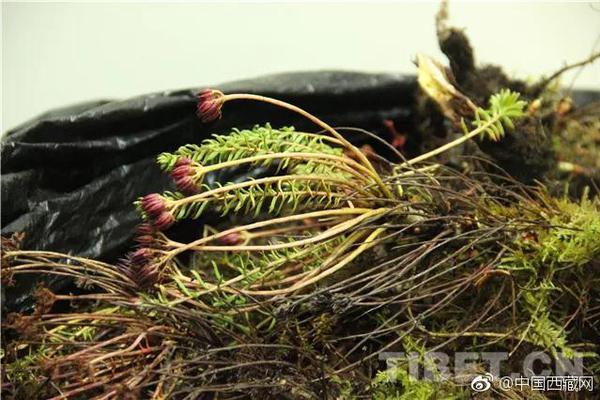 The first pictures of Miranda Kerr and Evan Spiegel's wedding are awfully dreamy
The first pictures of Miranda Kerr and Evan Spiegel's wedding are awfully dreamy
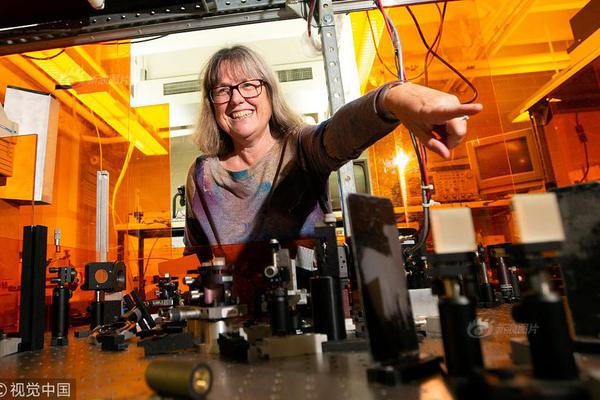 No one wanted a Guy Fieri swimsuit, but it exists
No one wanted a Guy Fieri swimsuit, but it exists
 Shiny objects foreign leaders are using to distract Trump so he doesn't destroy their world
Shiny objects foreign leaders are using to distract Trump so he doesn't destroy their world
 'Valley of the Heart' Tells Story of Japanese, Mexican Immigrant Farming Families
'Valley of the Heart' Tells Story of Japanese, Mexican Immigrant Farming Families
 Man brings his vegan date a bouquet of kale and they say romance is dead
Man brings his vegan date a bouquet of kale and they say romance is dead
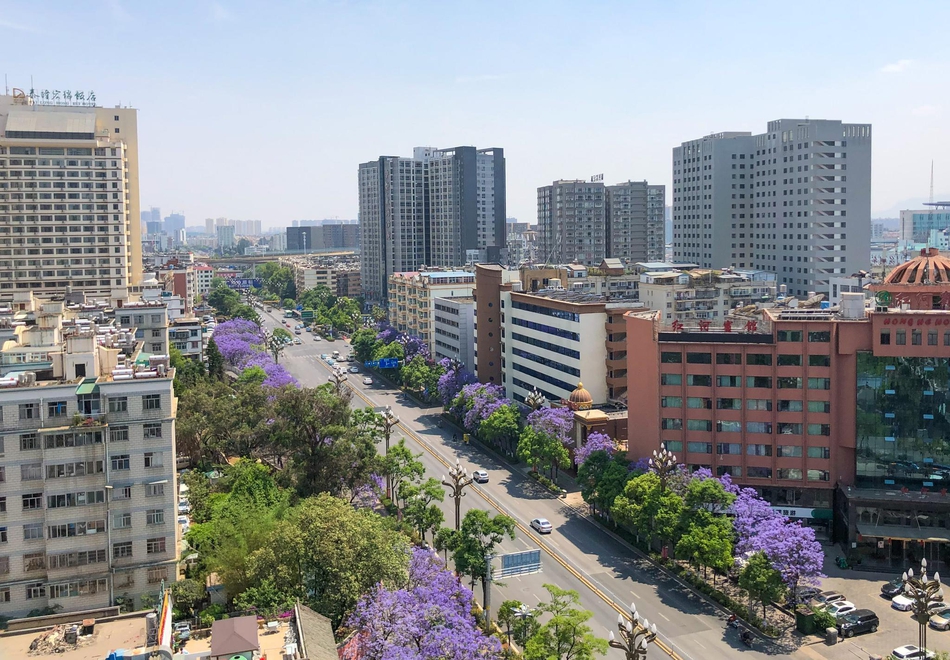 Airbnb host fined for racist comment on cancellation
Airbnb host fined for racist comment on cancellation
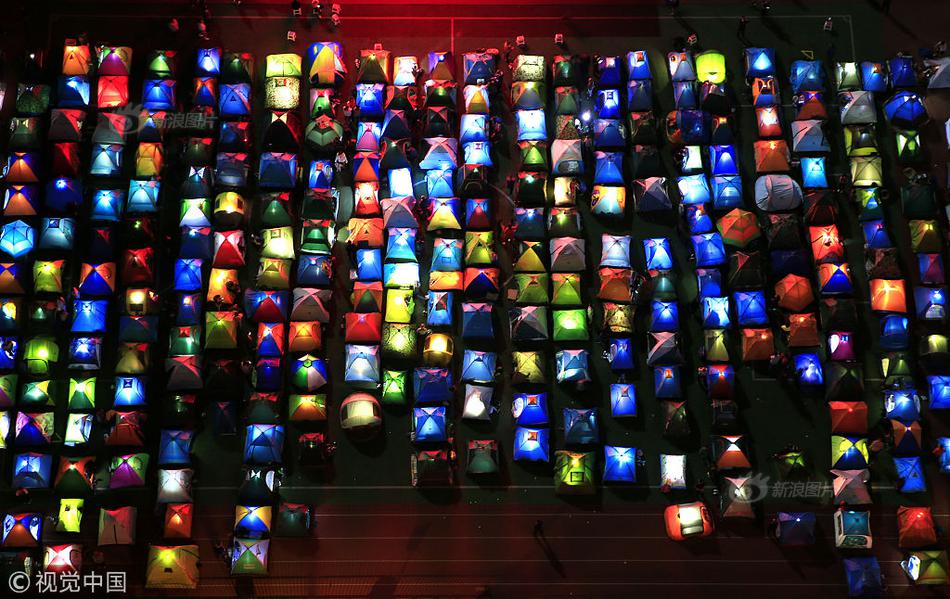 Someone made a Iron Throne phone charger and it's about as cool as it gets
Someone made a Iron Throne phone charger and it's about as cool as it gets
 Enjoy Okinawan Food and Culture at Bazaar
Enjoy Okinawan Food and Culture at Bazaar
 Here are all your favourite paintings with pandas instead of people
Here are all your favourite paintings with pandas instead of people
 ‘The Waiting Room’ at Santa Monica Playhouse
‘The Waiting Room’ at Santa Monica Playhouse
 BBC cooking segment goes awry when host slices his finger open on air
BBC cooking segment goes awry when host slices his finger open on air
 You can now use a dick pic as a password. Why, god? Why.
You can now use a dick pic as a password. Why, god? Why.
 Writhing snake head shows us why you shouldn't cut the head off a snake
Writhing snake head shows us why you shouldn't cut the head off a snake
 ‘Quiet Beauty’ Author to Speak at Manzanar
‘Quiet Beauty’ Author to Speak at Manzanar
 Pornhub wants to teach old people how to have safe sex
Pornhub wants to teach old people how to have safe sex
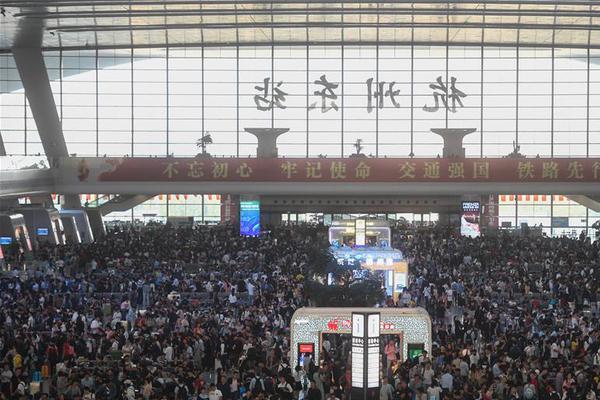 United accidentally puts rapper and his dog on separate flights
United accidentally puts rapper and his dog on separate flights
 Man brings his vegan date a bouquet of kale and they say romance is dead
Man brings his vegan date a bouquet of kale and they say romance is dead
 Gardena Obon This Weekend
Gardena Obon This Weekend
 iOS 26 gives Apple Maps a new look and 'Visited Places' tool
iOS 26 gives Apple Maps a new look and 'Visited Places' tool
Hurricane Helene Florida webcams: See the storm approach Panhandle, Big Bend liveNASA astronaut snaps footage of glorious comet flying through spaceBarnard's star tricked scientists before: why this planet is real.In Memoriam: The tech that died in 2025 (so far)Samsung 49In Memoriam: The tech that died in 2025 (so far)Best Ninja deal: Save $50 on the FrostVault 45QT coolerThe sun will be really stormy for the next year, NASA saysNASA astronaut snaps footage of glorious comet flying through spaceNASA thinks it found a moon light Japanese Government to Confer Fall Decorations on Dennis Otsuji, Glenn Tanaka Little Tokyo Service Center’s 40th Anniversary Gala Raises $350,000 GFBNEC Virtual Gala Features First Living Nisei WWII Veteran Photo Tribute Hollywood Helping Hands Peninsula H.S. Student Shinozaki Earns Girl Scouts’ Highest Honor ‘Moving the Needle on Gender Equity in the Workplace’ Steel Overtakes Rouda in OC Congressional Race Building Last Phase of Regional Connector Transit Project Requires 22 Two Republicans Lead House Elections in Orange County Say's 'Almond' Dreams in Living Color
0.1476s , 9907.625 kb
Copyright © 2025 Powered by 【??? ?? ????】The Memory of Wind,Global Hot Topic Analysis